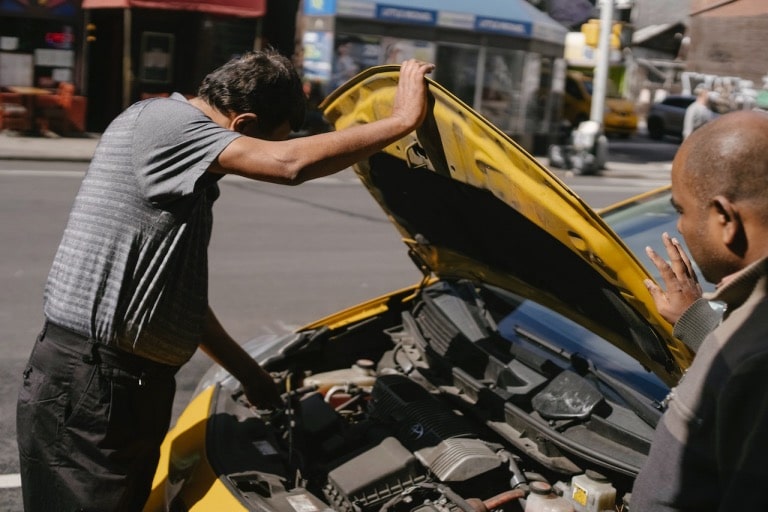Like many things in life, cars have a lifespan too. After reaching a certain mileage and undergoing countless maintenance checkups, they can still suffer wear and tear that can decrease their efficiency. One of the biggest indications that show something may be wrong with your car is the sound.
In general, it is normal for vehicles to make sounds. However, when a new sound pops up, it could mean serious trouble. You may go on hoping the weird noises will go away on their own, but things can easily get complicated if you don’t tend to them immediately.
Before you start making your way to the local auto repair shop for a quick fixup, you should first get familiar with the most troubling car noises and what you should do about them.
Stuttering, knocking, and popping noises
The engine is one of the most important parts of the vehicle. However, when stuttering, knocking, or popping noises start coming from it, then that’s a sign of a dying engine. These sounds are mainly caused by damage to your engine’s mechanical parts and require immediate fixing.
If the mechanic determines your engine isn’t worth the repair, then you should consider taking your car to a junkyard or selling it to a scrap car service. You have to find a reputable junk car-buying company in your area where you can scrap your car properly for top dollar.
For instance, if you live in the Philly area, do your research on how to sell your junk car for cash in Philadelphia and choose the best price. This way you’ll dispose of an old vehicle for a good sum.
Squealing sounds
Loud squealing sounds are one of the most common car noises that may occur after starting the car. A possible reason for it may be the serpentine belt which could be falling or has been completely worn out.
The main cause for its failure may be normal wear and tear, which is why you need to replace it immediately after you hear the squealing sounds. If you don’t do it soon, the belt could fall off completely and damage the systems that depend on it.
Squeaking or whining

Vehicles that have been manufactured in the last 40 years, possibly have a power steering mechanism. Although some of them typically have an electric system, the most common variants are hydraulic, which require fluid to work properly. However, if your vehicle produces whining or squeaking sounds when steering the wheel, keep in mind that this could mean that the fluid levels are low.
Once you notice any of these strange sounds, make sure to check the fluid levels in the power steering system. You might have to fill up the reservoir completely; just be careful because it may also be a sign of leakage.
Screeching sounds
After the engine and transmission, the brakes are the most important part of your vehicle. So, when you hear high-pitched, unpleasant sounds while stepping on the brake pedal, then that might indicate serious trouble.
Usually, these high-pitched sounds are caused by trade wear indicators located in the brake pads that can be fixed simply by replacing the pads. However, if the sounds are lower, then that means the pads are completely deteriorated, causing the brake caliper to grind against the rotor. In either case, it is best that you replace your brake pads to prevent further issues.
Wobbling sounds
If you hear your car making wobbling sounds like a loud laundry machine on a high spin, that could mean trouble with your tires. In this case, it is best that you pull over to the side of the road and check your tires. The problem may either be loose wheel nuts or low tire pressure, which has resulted in a tire blowout.
If the problem is loose wheel nuts, then you will have to tighten the nuts using the lug wrench. If the tire pressure is low, then you will have to fill up the tires to the proper weight. In case the sounds continue, then you will have to replace the tires.
Final thoughts
Although it is normal for vehicles to make noise, any strange and unnerving sounds might be indicators of some serious issues. Whether it is squeaking when turning the steering wheel, rattling when driving over a bump, or knocking coming from under the hood, it is important that you recognize them so you can take proper measures to fix them.